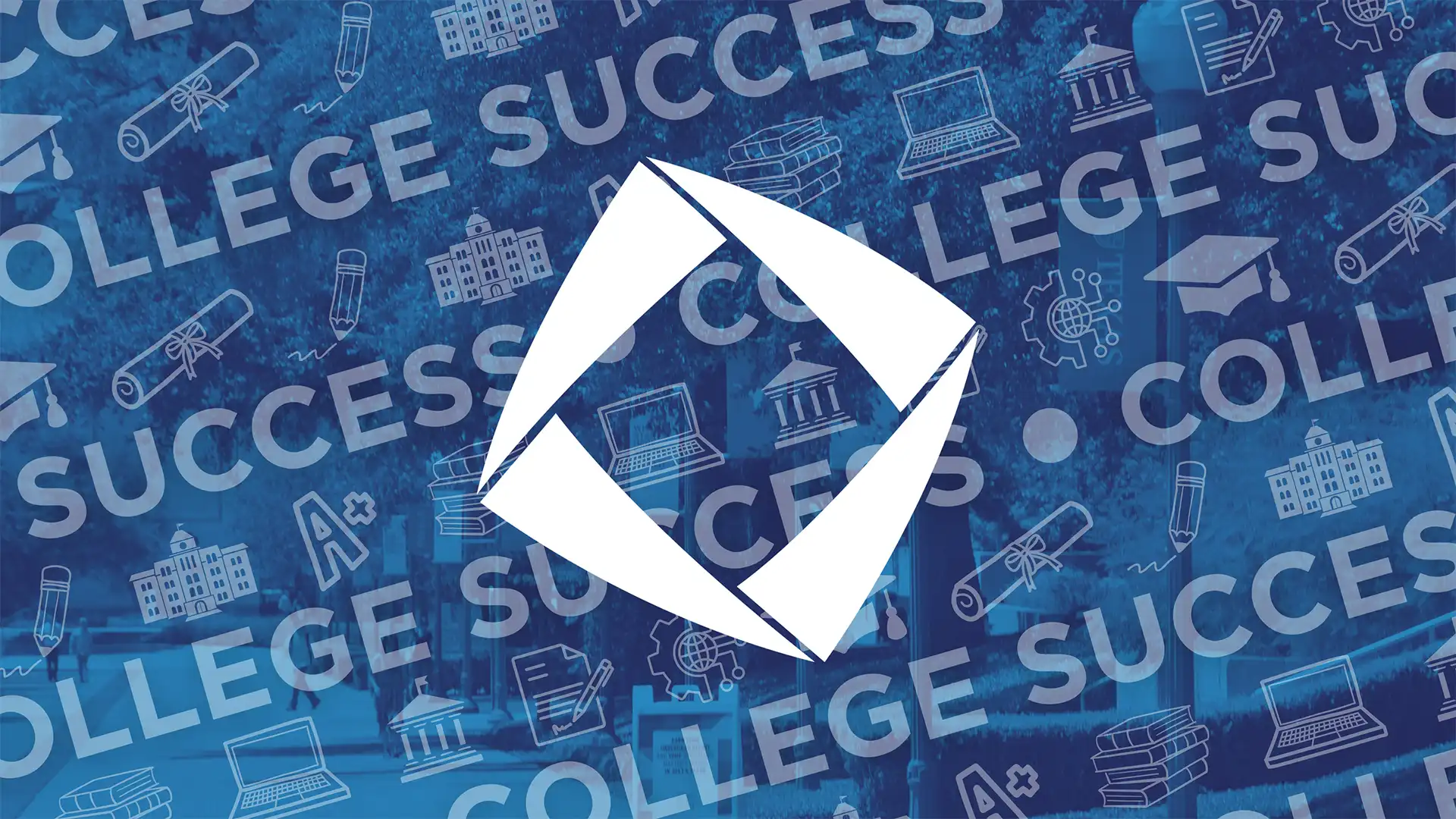Contributed by Dr. Moody Rideout, Director of Undergraduate Admissions | Michigan Ross
Making the right decision on where to attend college can seem overwhelming. You may hear how to consider the right “fit” for your academic, career and social goals while prioritizing the cost of attendance. Other factors can come into play, such as how far you can live from home and whether you can survive the dining hall food choices or local cuisine. In the end, this important decision can only be yours, and here are some practical tips that may help the decision process go a bit smoother.
While receiving your admission letter to college is very important, your financial aid and scholarship award package can be even more important. We call this the total cost of attendance. Financial aid award notices are usually delivered 2-6 weeks after admission and come in a preliminary letter that describes your federal and institutional aid package. Many admitted students are also eligible for scholarships distributed by academic departments and campus offices. Please research scholarship information for the colleges and universities where you are offered admission.
To receive federal financial aid and institutional scholarships, please complete the FAFSA and/or CSS Profile. All institutions will have varying deadlines and requirements to receive financial support, so please stay organized when submitting your aid applications.
When applying to college, you likely heard the concept of “best college fit.” This can equate to the best fit for academic goals, career aspirations and overall college experience. When considering academic goals, the institution selected must offer an academic major that aligns with your interests. You may also want to consider the curricular opportunities beyond the classroom. These can include study abroad programs, internships and the ability to take coursework outside of your chosen major.
Additionally, many students and families are interested in a college degree’s return on investment and career placement rates. Research if your future career goals are represented in the institution’s employment data, including what companies recruit at the university, overall job placement rates, average starting salaries and the top geographic locations for alumni employment after graduation.
It is important to consider your overall college experience. There are many factors to consider, but the most common include location or region of the country, enrollment size, a diverse student body, school spirit, reputation and rankings, and availability or types of extracurricular activities. More specific interests include arts and culture, the local transportation system, athletic conferences or sports opportunities, academic advising and student counseling resources, alumni engagement or proximity to a big city.
Create a personal list of what you want your college experience to look like, and then prioritize the most important pieces, knowing that not one college will check off all of your boxes. It is most important to align your academic and career goals to the best fit for you.
Through all of these considerations and important decisions that need to be made, it is important to stay committed to finishing your senior year strong. The motivation to continue to do well academically your senior year and to wrap up those many extracurricular activities and leadership roles is important to your future college success. Not to mention that some schools and colleges have a grade review process for admitted students who catch senioritis!
You do not want to jeopardize your admission offer, so please finish that senior year strong. The habits you set and continue now will lead to successful habits in college.



















